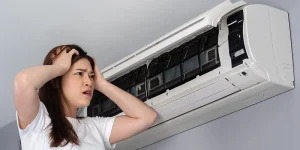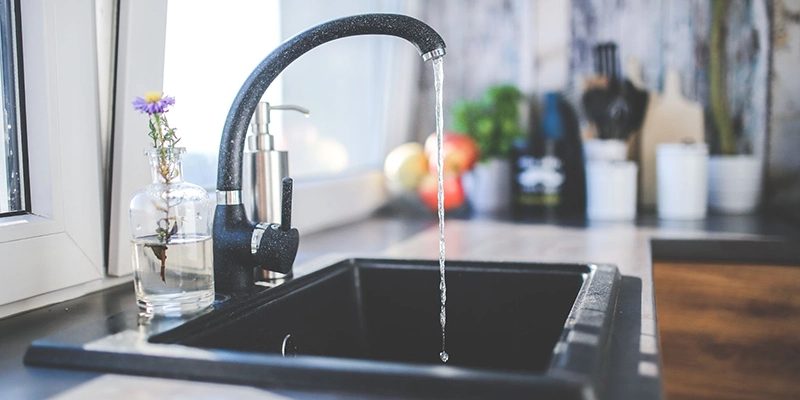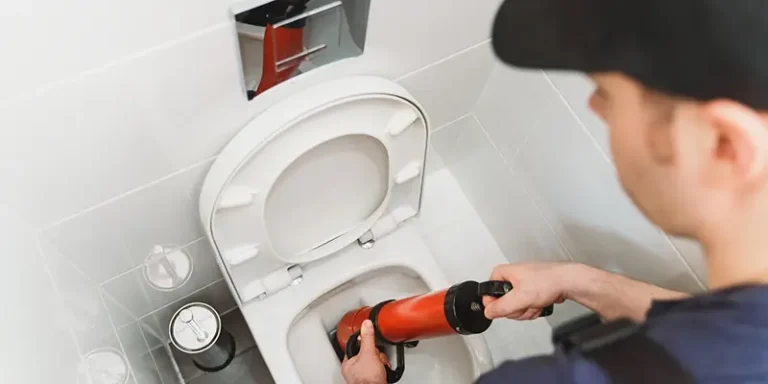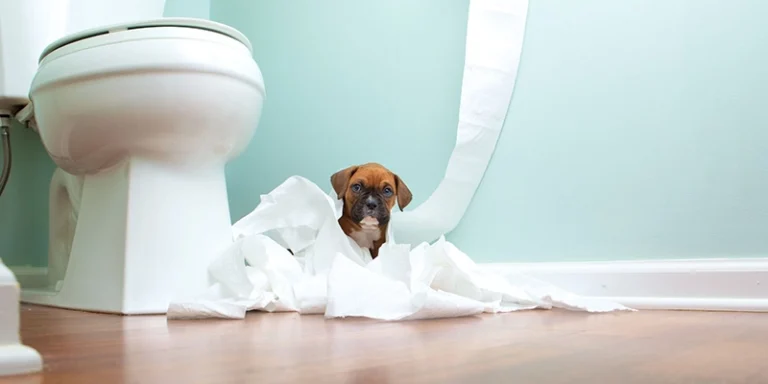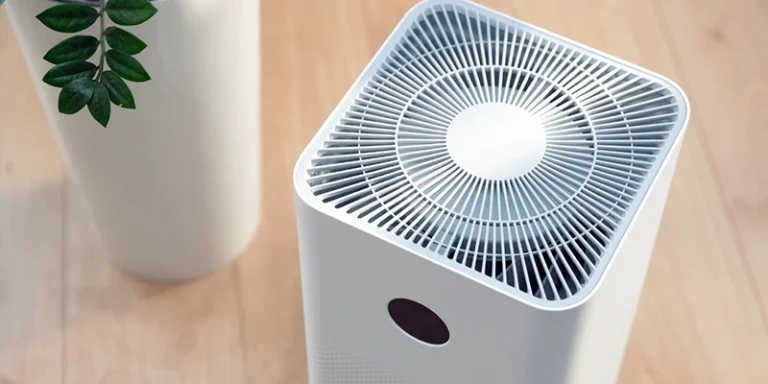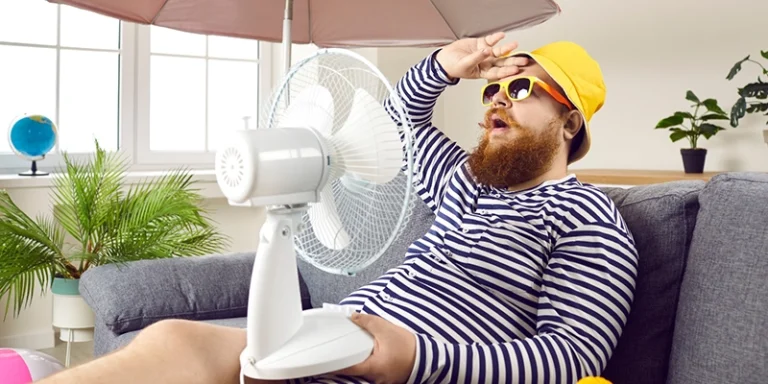We all want clean and healthy drinking water in our homes, but there is so much information about various water filters and softeners (not to mention scores of articles about contaminants and chemicals) out there that it’s hard to know where to start.
Moreover, if you live in a city with hard water issues, you’ll probably need both a water softener and a water filter combined.
Water Softener vs. Water Filtration System: What's the Difference?
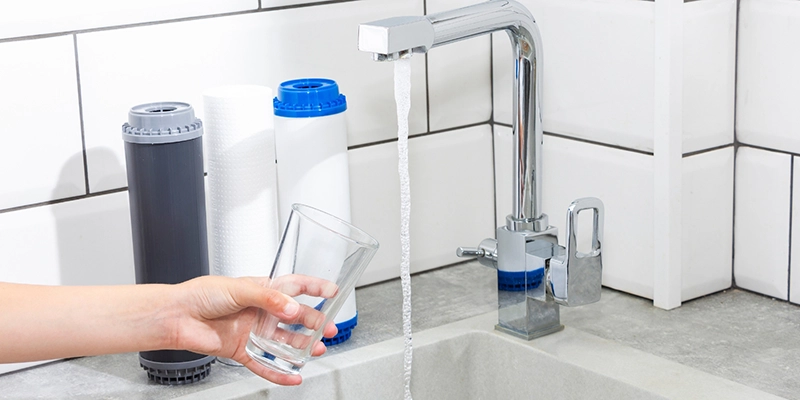
A water filter is designed to remove unwanted compounds from your drinking water, like sediment, dirt, sand, and other particles. A high-quality home water filtration system will also remove fluoride, pesticides, iron, chlorine, and sulfur. Different water filters are designed to remove different contaminants.
Carbon filters are designed to reduce chlorine, odors, unpleasant tastes and colors, and volatile organic compounds in water. It’s a good idea to get your water tested before choosing between the many filtration systems on the market, to ensure that you are targeting the right compounds.
Water softening systems, on the other hand, are designed to soften hard water. Hard water is water that has a high mineral content because it has been percolated through mineral deposits like limestone, chalk, or gypsum. These deposits release calcium and magnesium minerals, bicarbonates, and sulfates into the water supply.
Water softeners are essentially water filters that will remove sodium ions and other minerals from the water. In other words, all water softeners are water filters, but not all water filtration systems are water softeners.
Water Softener vs. Whole House Filter
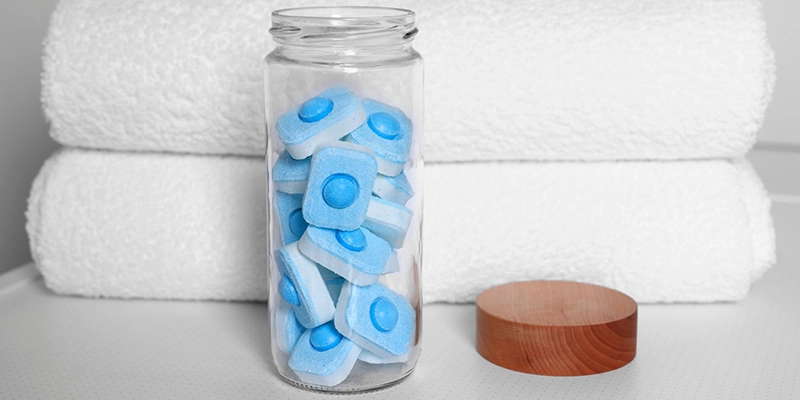
You can also choose between a water softener vs. a whole-house drinking water filtration system. Most people elect to install a small reverse osmosis system in their kitchen rather than every faucet in the house.
A whole home filtration system is installed at the point of entry, which means that all of your faucets will produce water that is free from the contaminants targeted by that filter.
Just like you would do above, you should only decide whether or need a water filter or a water softener by testing your water. If you have both contaminants and a hard water problem, you may need both.
Identifying Whether You Need a Water Filter vs. Water Softener
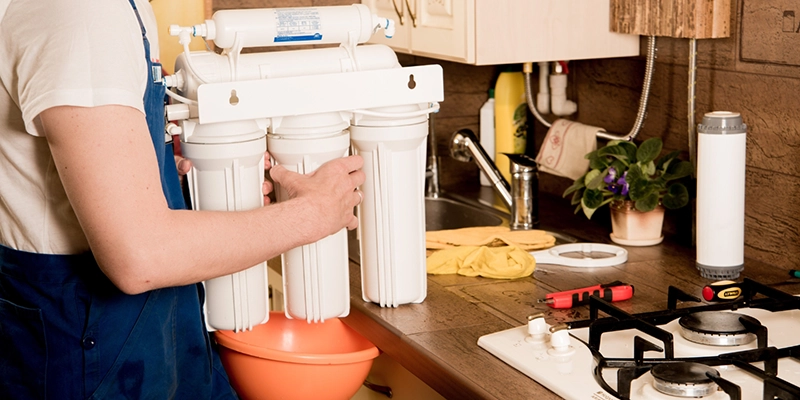
If you find that your household struggles with dry skin and mild limescale buildup, a simple salt-free water softener will suffice.
- If the water from your faucets is cloudy and impure, you need to look at water filters.
- If your water has a strange rotten egg odor or rust stains, you should look into iron water filtration systems.
- If your water contains chlorine, chloroform, or chloramines, or if your faucets produce chemical odors, you should buy an activated carbon filtration system.
- If your water contains toxins and organic compounds, you will need a reverse osmosis system.
Do You Need Both?
A whole-house filter is designed to filter all of the water in the house, but it won’t necessarily have water-softening properties.
If the water in your home contains a lot of minerals, you should buy a whole-house filtration system that also works as a water-softening filter in order to remove the calcium and magnesium that leads to hard water and unwanted contaminants.
Similarly, if you’ve already bought a water softener system, but your water contains protozoa, bacteria, and viruses, you should look at whole-house water filters that will target biological contaminants. (An ion exchange house water filter usually won’t suffice).
If you don’t want to buy a water softener but still need to get rid of the scale buildup in the water, you should look at salt-free water conditioners. It’s an alternative to water softener systems that can help improve the quality and safety of your drinking water.
Unlike salt-based water softening systems, it doesn’t remove minerals chemically or put salt waste into your water. These conditioners come with scale control media technology that will reduce harsh buildup in your pipes naturally, without salt or chemicals.
Remember that a water softener can protect your water system from hard water scale and buildup, but only a premium quality water filter will purify your water. If you have additional problems, especially ones that could lead to health problems (bacteria, chlorination, iron staining), you should invest in a whole-house water filter that can address all of your concerns.
If you buy a quality house filter that works efficiently, there’s no need to invest in both a house water filter or a softener. It will provide clean drinking water for your household and protect your family from hazardous chemicals and contaminants.
How Do You Determine Which Contaminants Are in Your Water?
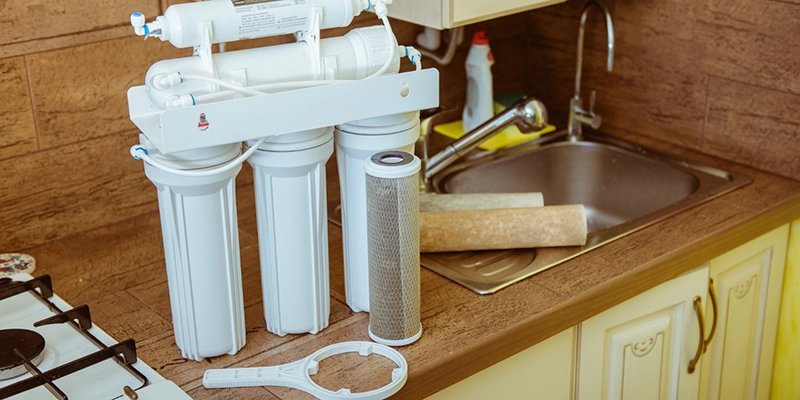
If you want to choose the best water filter or water softener for your home, you need to know which harmful contaminants might be present in your home. If your water comes from a private source, e.g., a well on your property, it needs to be tested by a professional.
If your water comes from the city, the water is regularly tested by the utility company, and you can acquire a report that lists all of the contaminants found in your city’s water.
These reports are called Consumer Confidence Reports or CCRs and provide information on your local drinking water quality. Reports can be sent via email or found online.
Private wells aren’t regulated by the Environmental Protection Agency, so there is no requirement for annual reporting. This does mean that you should do your own testing. Water quality can change at any time.
Bear in mind that there are safe drinking water standards in place for municipal water supplies that limit the type and amount of contaminants allowed in your drinking water, but that doesn’t mean there isn’t junk in there that you may not want to drink.
A lot of tap water in the US contains bacteria, lead, prescription drugs, and even hormones. Read your CCRs to find out whether there’s anything in your water you don’t want to consume.
Conclusion
Now you know the difference between a whole house water filter, a simple water filter, or a water softener. If you are in doubt about which system you need, speak to a professional to help you decide.

